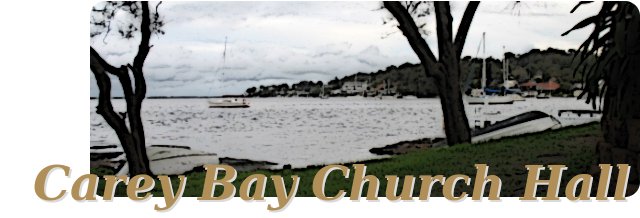- There are very few Bible references on the subject and mostly no positive testimony, so...
- There are lots of inferences and speculations. So...
- There are lots of fights, with little clarity so...
- There is lots of chicanery (the use of clever but tricky talk or action to deceive or evade) so...
- There is no definite end point or clear understanding of definitions between the sides to judge it from. So...
- Arguments are interminable
- Women don't like silly arguments (that they can't win). They are too practical and sensible.
- Women have better things to do with their discretionary time. Things like sleeping or improving their relationship with Jesus, their friends and family.
- Women only get involved if their men are being damaged.
Adventists add another factor to the first list; we invoke Mrs White.
Because there are so few Bible references, we use Mrs White to arbitrate. Compilations from "the pen of inspiration" are required.
But here is the delicious catch: Mrs White is a sensible woman! All three characteristics above apply to her as well. She usually steers well clear of these issues. So the descent through inferences, fights and chicanery leads to more interminable arguments.
Thin, angular, bony, anorexic doctrines that exercise the minds of SDA combatants are things like:
- Original sin
- The nature of Christ. Pre-fall or post-fall?
- Identity of 666
- Why Christ waits
- Last generation theology
Give me a cuddly and curvaceous Fat Doctrine any day. Justification anyone? (I'm joking of course.)
